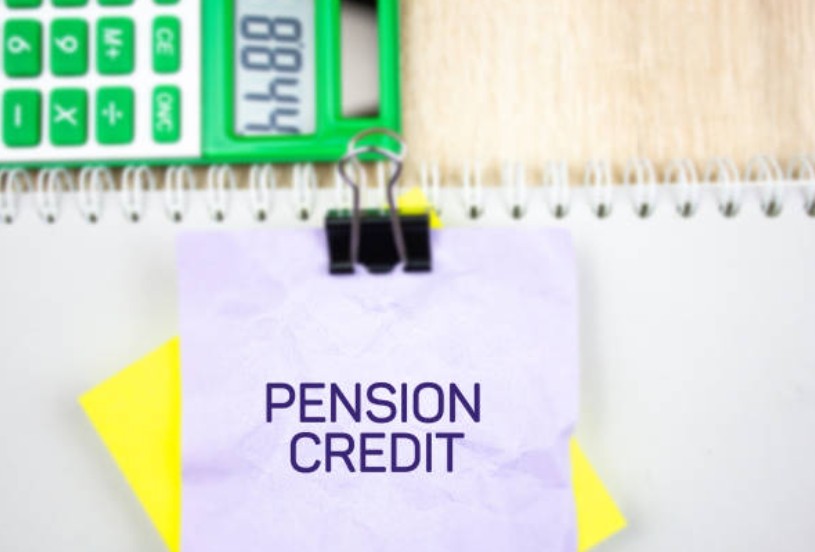As the school holidays draw to a close, some financial pressure may lift for families across the UK. But for millions, the grind of managing everyday expenses remains relentless.
Despite inflation rates dipping to pre-pandemic levels, the soaring costs of essentials continue to burden households. Rising prices and stagnant wages are forcing many to make tough choices daily—between heating and eating, saving or surviving.
Households are urged to check if they’re claiming all the support they’re entitled to. With billions in unclaimed benefits and new payment updates, September could be a crucial month for many.
Cost of Living Pressures Persist
Research from the Resolution Foundation shows prices on essential items remain stubbornly high, long after the peak of the cost-of-living crisis in 2022.
Even though inflation has cooled, basic goods haven’t followed suit. The Food Foundation reported that 7.3 million adults in the UK were food insecure in January 2025—a grim reminder that many are still struggling to afford the basics.
Energy debts tell a similar story. Arrears more than doubled over five years, reaching £3.9 billion by the end of 2024.
Are You Missing Out on Help?
It’s estimated that £23 billion in benefits goes unclaimed each year, according to Policy in Practice. A staggering figure. Their online calculator could reveal support you’re missing.
With around 24 million people currently claiming DWP-administered benefits—one in every three people—it’s vital to ensure you’re getting your share.
September 2025: Key Benefit Payment Dates
Unlike other months, September won’t be disrupted by bank holidays, so payments will go out as usual. Expect payments for:
- Universal Credit
- State Pension
- Pension Credit
- Child Benefit
- Disability Living Allowance
- Personal Independence Payment (PIP)
- Attendance Allowance
- Carer’s Allowance
- Employment Support Allowance
- Income Support
- Jobseeker’s Allowance
If you’re on legacy benefits like tax credits or housing benefits, the migration to Universal Credit is expected to wrap up by January 2026.
Pension Payment Schedule
State pensions are paid directly into your bank account every four weeks. Your payment day depends on your National Insurance number:
| NI Number Ends In | Payment Day |
|---|---|
| 00 to 19 | Monday |
| 20 to 39 | Tuesday |
| 40 to 59 | Wednesday |
| 60 to 79 | Thursday |
| 80 to 99 | Friday |
What About Benefit Increases?
In April 2025, most benefits increased by 1.7%, tracking inflation. The state pension rose by 4.1%, following the triple lock an annual rise of £472.
From April 2026, Universal Credit will increase above inflation due to Labour’s welfare bill. This rise will start at 2.3%, continuing annually until 2029.
However, there’s a catch. The health-related element of Universal Credit will be cut from £105 to £50 per month for new claimants from 2026, with the rate frozen until 2029.
That’s a drop of more than £200 monthly making it crucial to apply as early as possible if you think you qualify.
Extra Support You Might Be Eligible For
Budgeting Advance Loans
Interest-free loans for those on Universal Credit.
- £348 (single), £464 (couple), £812 (with children)
- Repaid over 2 years via deductions
- New repayment cap from April 2025: 15%, down from 25%
Discretionary Housing Payment (DHP)
Helps with rent shortfalls or moving costs. You must already be receiving Housing Benefit or Universal Credit (housing element). Available through your local council.
Household Support Fund (HSF)
Offers support with utility bills, food, or cash payments (up to £300). Funded by the government, distributed locally. Running until March 2026, then replaced by the Crisis and Resilience Fund.
Charitable Grants
Many charities offer grants for carers, disabled individuals, those who are unemployed or bereaved.
Use Turn2us’ online tool to search based on your situation.
Help with Energy & Council Tax
- Energy firms like British Gas, EDF, Octopus and E.ON provide tailored help ask your supplier directly.
- Council Tax reductions of up to 100% are available if you’re on a low income or benefits. Apply via your local authority.
Childcare Expansions Continue
From 1 September, all working parents can claim 15 hours of free childcare for children from 9 months old.
This is in addition to:
- 30 free hours for ages 3-4
- Tax-free childcare scheme: get back 20p for every 80p spent, capped at £500/year
By September 2025, all children under five will be eligible for 30 hours of free care.
Energy Price Cap Update
From July to September, Ofgem’s price cap dropped to £1,720, down 7% from £1,849. Good news—but winter rates (October to December) will be announced end of August.
The cap reflects the maximum energy suppliers can charge under a standard tariff. Nearly all households fall under this cap.
Will There Be Another Cost-of-Living Payment?
Sadly, no update from the DWP so far. The final Cost of Living Payment went out between 6 and 22 February 2024. No further extensions have been announced.
Struggling Mentally? Help Is Available
If financial stress is affecting your mental health, don’t suffer in silence.
- Samaritans: Free 24/7 line at 116 123
- Mind: Support line (0300 102 1234) and benefits help
- Scope: Online forum for disabled individuals
- NHS England: Offers online triage and mental health resources
Times are hard—but there’s more help out there than many realise. A quick check today could make a big difference tomorrow. Whether it’s childcare, council tax relief, or energy support, it’s worth applying now.






